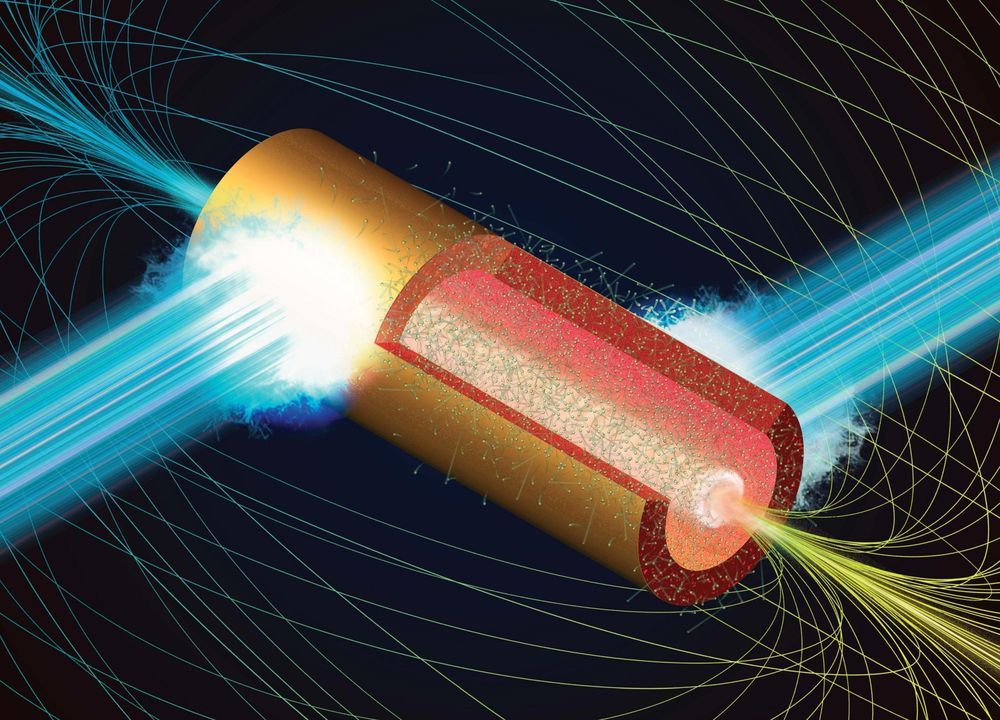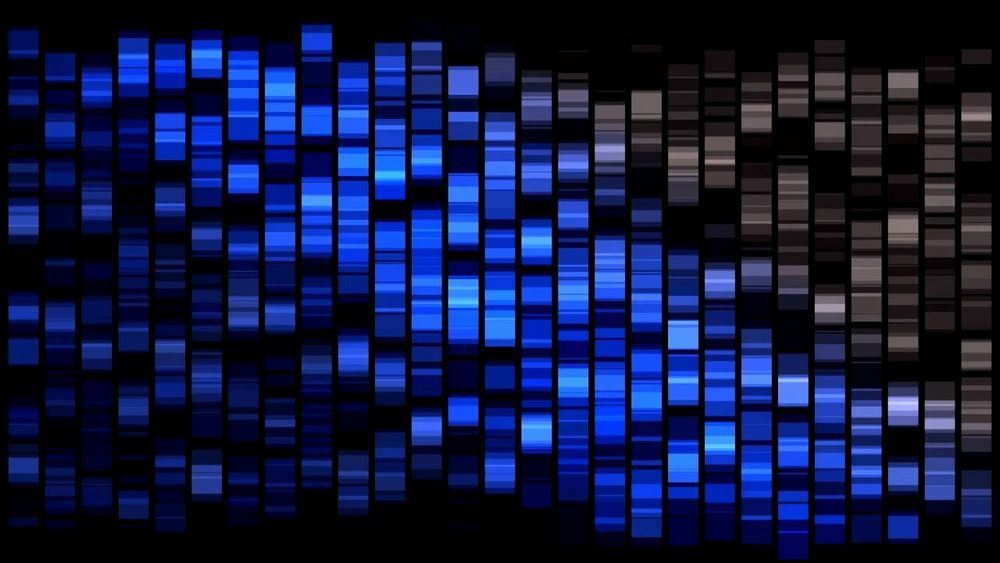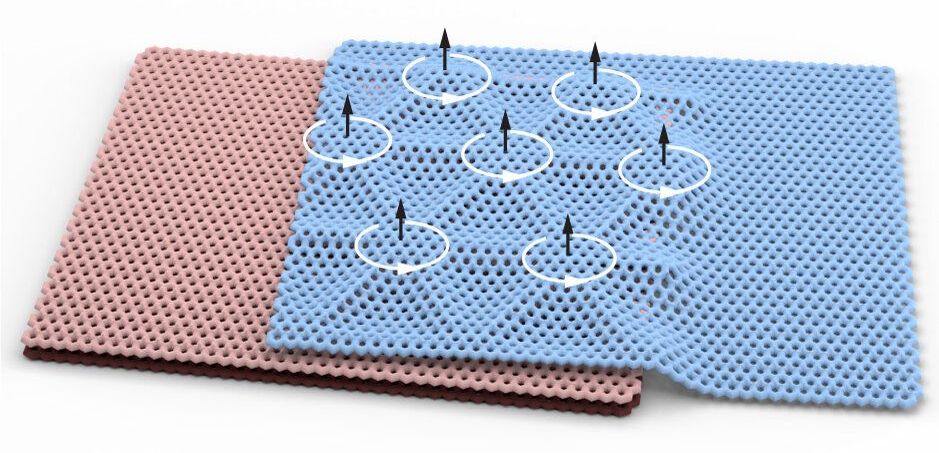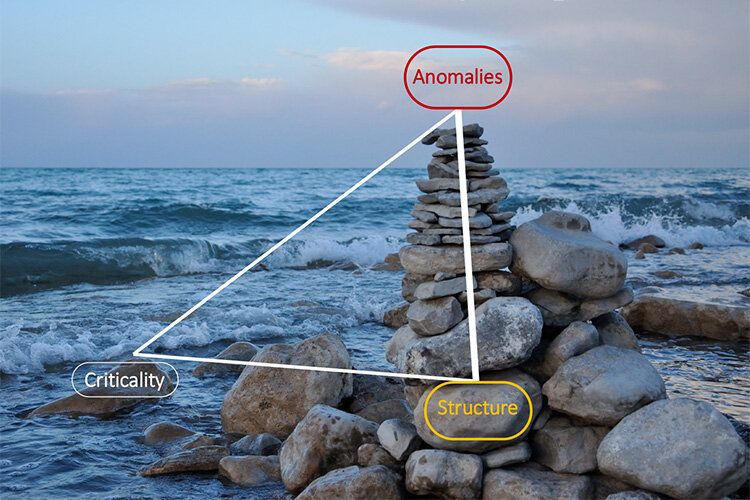A team of researchers led by Osaka University discovers “microtube implosion,” a novel mechanism that demonstrates the generation of megatesla-order magnetic fields.
Magnetic fields are used in various areas of modern physics and engineering, with practical applications ranging from doorbells to maglev trains. Since Nikola Tesla’s discoveries in the 19th century, researchers have strived to realize strong magnetic fields in laboratories for fundamental studies and diverse applications, but the magnetic strength of familiar examples are relatively weak. Geomagnetism is 0.3−0.5 gauss (G) and magnetic tomography (MRI) used in hospitals is about 1 tesla (T = 104 G). By contrast, future magnetic fusion and maglev trains will require magnetic fields on the kilotesla (kT = 107 G) order. To date, the highest magnetic fields experimentally observed are on the kT order.
Recently, scientists at Osaka University discovered a novel mechanism called a “microtube implosion,” and demonstrated the generation of megatesla (MT = 1010 G) order magnetic fields via particle simulations using a supercomputer. Astonishingly, this is three orders of magnitude higher than what has ever been achieved in a laboratory. Such high magnetic fields are expected only in celestial bodies like neutron stars and black holes.









